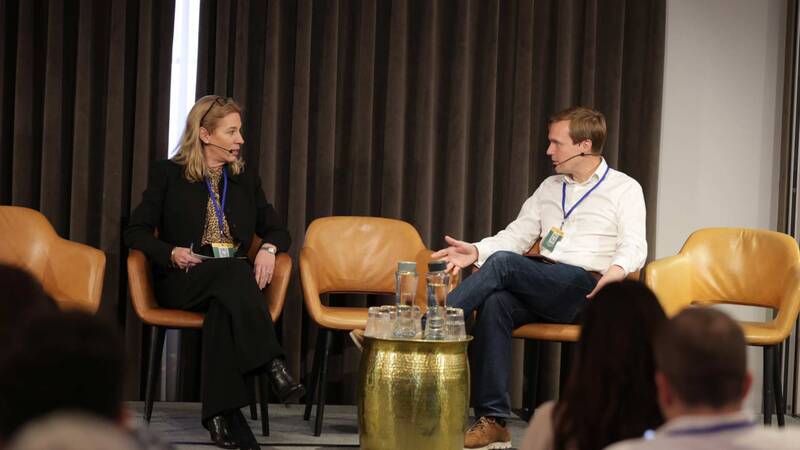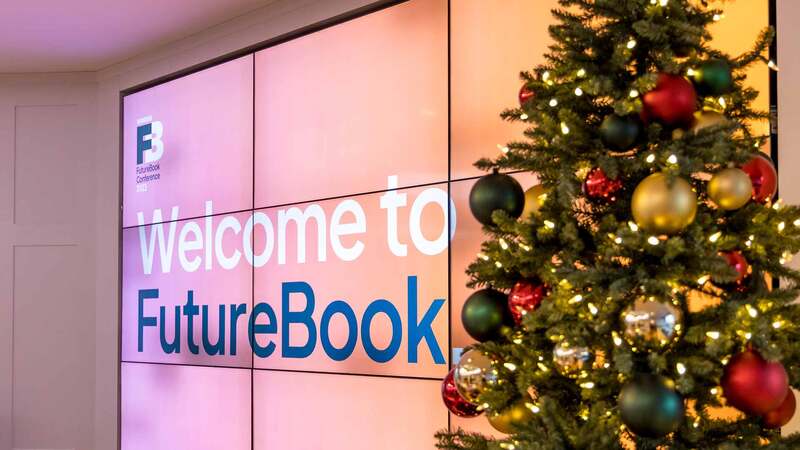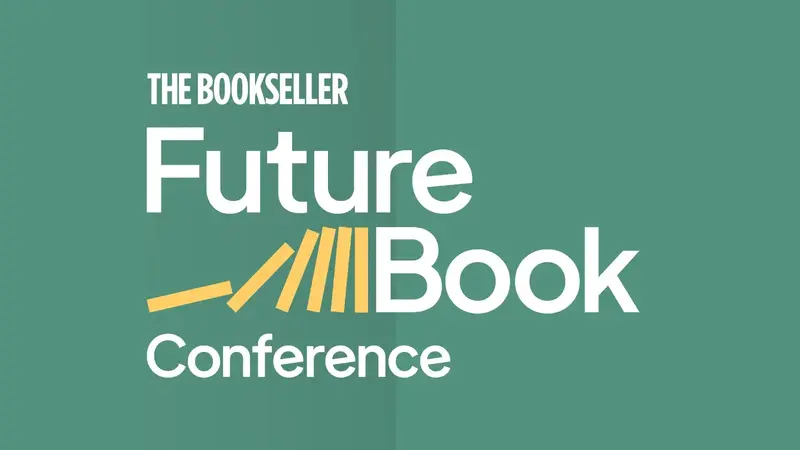You are viewing your 1 free article this month. Login to read more articles.
Leading lines
At Monday’s (27th November) FutureBook Conference, we are putting leadership in the spotlight.

At the FutureBook Conference next Monday (27th November), we are putting leadership in the spotlight. The event begins with a keynote from author and activist Sophie Williams, whose book The Glass Cliff (Macmillan Business, March 2024) asks if women leaders are really given a fair go, and ends with a discussion made up from those employees shortlisted for our Future Leader and Leader Awards, who may have thoughts on Williams’ contention.
Leadership is a gnarly thing in this industry. The book trade is an old business, built on a traditional model, trapped (somewhat) within an old format, with an unpredictable set of suppliers and customers. The aim is to join the dots, from author to reader, from idea to page, but also, more prosaically, from printer to bookshop. There is something fundamentally important about what we do, but also something very fragile. Most things do not work. Making good decisions in such an environment is tough.
A newer phenomenon has been the recognition that not all leaders sit at the top of their businesses
In her book (and column published by The Bookseller), Williams asks why there are so few stories written about successful women leaders, querying if women are somehow expected to fail, appointed to roles just as the growth curve inverts. In this scenario, women are (sorry y’all) the fall guys.
I wonder if publishing has a different spin on this—from Kate Wilson to Joanna Prior to Meryl Halls to Perminder Mann to Mary Cannam (I could go on), the women I see running today’s book businesses are among the best we have, leading operations on the rise, and doing so with canniness and skill. Some might wonder what the connection between them is, but I don’t see a gendered one. Brains and good humour are near universal, as is an ability to flex.
As well as discussing leadership at FutureBook, we are also amplifying it, with three-quarters of our speakers women. Publishing has long been blessed with strong female leaders, from Ursula Mackenzie to Carmen Callil to Margaret Busby, from Gail Rebuck to Victoria Barnsley, but a decade ago when the e-book threatened to upend the model, things took a shift toward the XY axis. The argument then that the rise of the e-book (and Amazon) had put the business on a war footing. Worryingly, I have heard the same point made about Artificial Intelligence—that its advent once again places the sector under threat. If so, we might want to consider the language we use and the actions we take. Leadership, not brinkmanship.
Of course, I have witnessed bad leadership, among the good, but a newer phenomenon has been the recognition that not all leaders sit at the top of their businesses. Many of the initiatives we are highlighting at the FutureBook Awards come from further down the structure or outside of it, and, I think, are more heartfelt because of it. The ability to listen, not feel threatened by innovation or ideas, and support those who wish to make a difference is a key skill, and perhaps one we do not value enough.
It is also important not to be absent. To stand up, and make your mark. We may be looking to the future, but there is no other or better time than now.




















